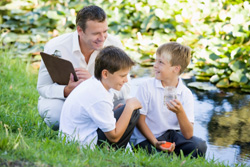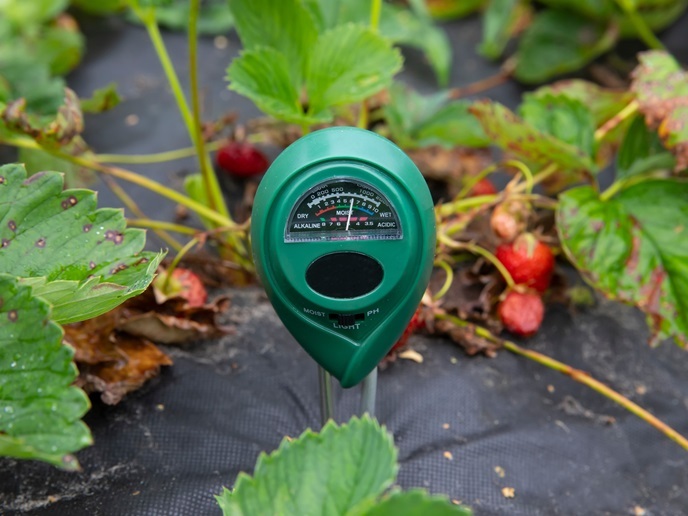Water resource studies for young learners
Life sciences play an important role in solving man-made environmental problems such as climate change. However, fewer young people are now choosing to pursue studies and careers in the subject. The natural world appeals to all children and can be used to teach both sexes and pupils from groups considered as disadvantaged or underperforming. The project 'Play with water: Introducing ecological engineering to primary schools to increase interest and understanding of natural sciences' (Wastewaterresource) was therefore developed to encourage children to become more engaged with the life sciences. The project developed and assessed educational materials about environmental technology for primary school children between 10 and 13 years old. Project partners based work in the classroom on four different biological models to help pupils understand the basic concepts of ecology. Children learnt about natural cycles and the role of ecosystems and discovered the potential of waste water as a natural resource. Low-cost, easy to assemble models representing ways of handling water and wastewater were built and maintained by students. The models demonstrated the reuse of nutrients from waste and its impact on ecosystems. The Compost factory model allowed pupils to experiment with biodegradable and non-degradable materials. The Fish to tomato model provided know-how about the raising of fish with vegetable culture in the classroom. A model called Secrets of rivers demonstrated how rivers react to different conditions and to pollution, which are issues that can be explored during class fieldtrips. The Cleaning water with plants model taught children about the treatment of wastewater in constructed wetlands and included a recipe for artificial wastewater. Teachers received online support from a website that provided learning resources that were continuously updated and improved. The quality and impact of the different teaching units were monitored with questionnaires, interviews and observations. The Wastewaterresource initiative was therefore able to engage pupils and teach them about reusing waste water by utilising the nutrients it contains through the recycling of elements. As a result it was successful in teaching the basics of ecology and developing the young life scientists of the future.







